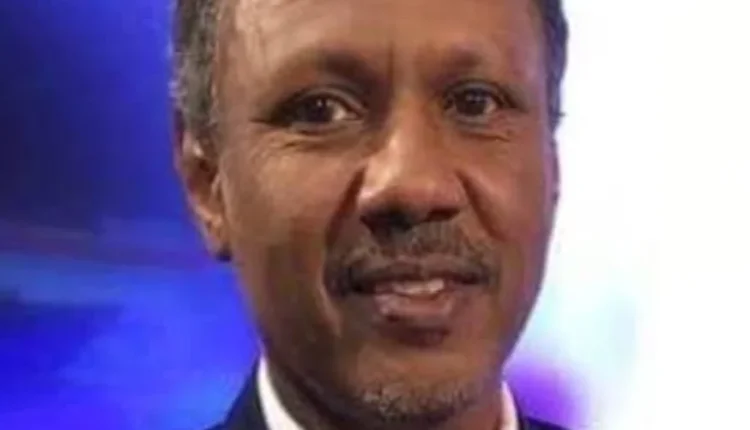The NCP Agenda: An Initial Reading (1)

Dr. Ibrahim Al-Siddiq Ali
First Reactions
The first reaction to the National Congress Party’s (NCP) “Agenda for the Future” is the question: Is this vision open for public discussion or merely an internal consultation?
For a long time, I have believed that internal discussions within the Islamic movement have enhanced awareness among its grassroots but have also been detrimental to its broader political standing. The public perception has been that there is a lack of debate and consultation within the party.
Had the Islamic movement and the NCP opened their meetings and discussions to the public, people might have discovered a diversity of opinions, critical debates, and constructive proposals. This is precisely what this document aims to achieve—it presents a vision not just for the party but also for other political entities and the general public. This is a pivotal step forward.
Key Takeaways from the Agenda for the Future
A Shift from Ambiguity to Clarity:
The “Agenda for the Future” moves discussions away from vague interpretations and indirect explanations to a clearly articulated, open vision.
It addresses critical issues such as governance, political transition, economic policy, media, constitutional arrangements, accountability, and justice.
This provides a solid foundation for any dialogue, partnership, or understanding of the party’s direction.
Engagement Beyond Political Isolation:
The document presents one of the most politically inclusive approaches in Sudan’s recent political history.
It embraces all political actors without exclusion and refrains from imposing individual viewpoints on political groups.
This initiative transcends traditional political isolation and seeks engagement with others.
Legal Precision in Political Communication:
Under the leadership of Ahmed Mohamed Haroun, the document carefully selects its language and expressions, reflecting a strong legal background.
Critical Considerations for Further Review
Despite these strengths, there are key areas that require deeper analysis:
The Evolution of the Social Contract:
The concept of the social contract has evolved significantly, shifting from a bilateral relationship between the ruling authority and individuals to a complex network involving interest groups, interconnected communities, civil society organizations, and individuals.
The document should further explore the role of civil society—including associations, social groups, unions, and grassroots movements—as their influence on public opinion has grown significantly.
Political affiliations and party structures are no longer the sole determinants of public sentiment, as broader societal concerns now take precedence.
The Impact of War on Public Priorities:
War has reshaped public attitudes and influenced the way people engage with national issues.
People prioritize their immediate interests, focusing on their neighbourhoods, towns, and regions before broader national concerns.
This localized focus is evident in communities like Madani, Sinja, Al-Dinder, Al-Suki, Al-Kamalin, Rufaa, Umm Rawaba, and Al-Fashir, just as it is in Khartoum, Omdurman, and Bahri.
Reconstruction, stability, and resource management are now the primary concerns of citizens, and any political framework must address these community-specific needs.
The Civil-Military Relationship:
One of the most pressing issues in Sudan’s political discourse—both domestically and internationally—is the relationship between civilian politics and the military establishment.
This relationship must be thoroughly examined, and a clear position reaffirmed:
The National Congress Party (NCP) will never seek power through military means—this decision is final and irreversible. The party’s support for the current political transition is a matter of necessity, not ambition.
The NCP seeks no political or material gain from its role in defending Sudan in the battle for dignity. The party considers itself part of a broader national alignment, not a separate entity with its own agenda.
A Clear and Progressive Vision
In summary, this agenda is among the NCP’s most transparent and forward-thinking political documents. It marks a significant step toward political engagement and national dialogue, providing a framework for constructive participation in Sudan’s future.
Shortlink: https://sudanhorizon.com/?p=4274

